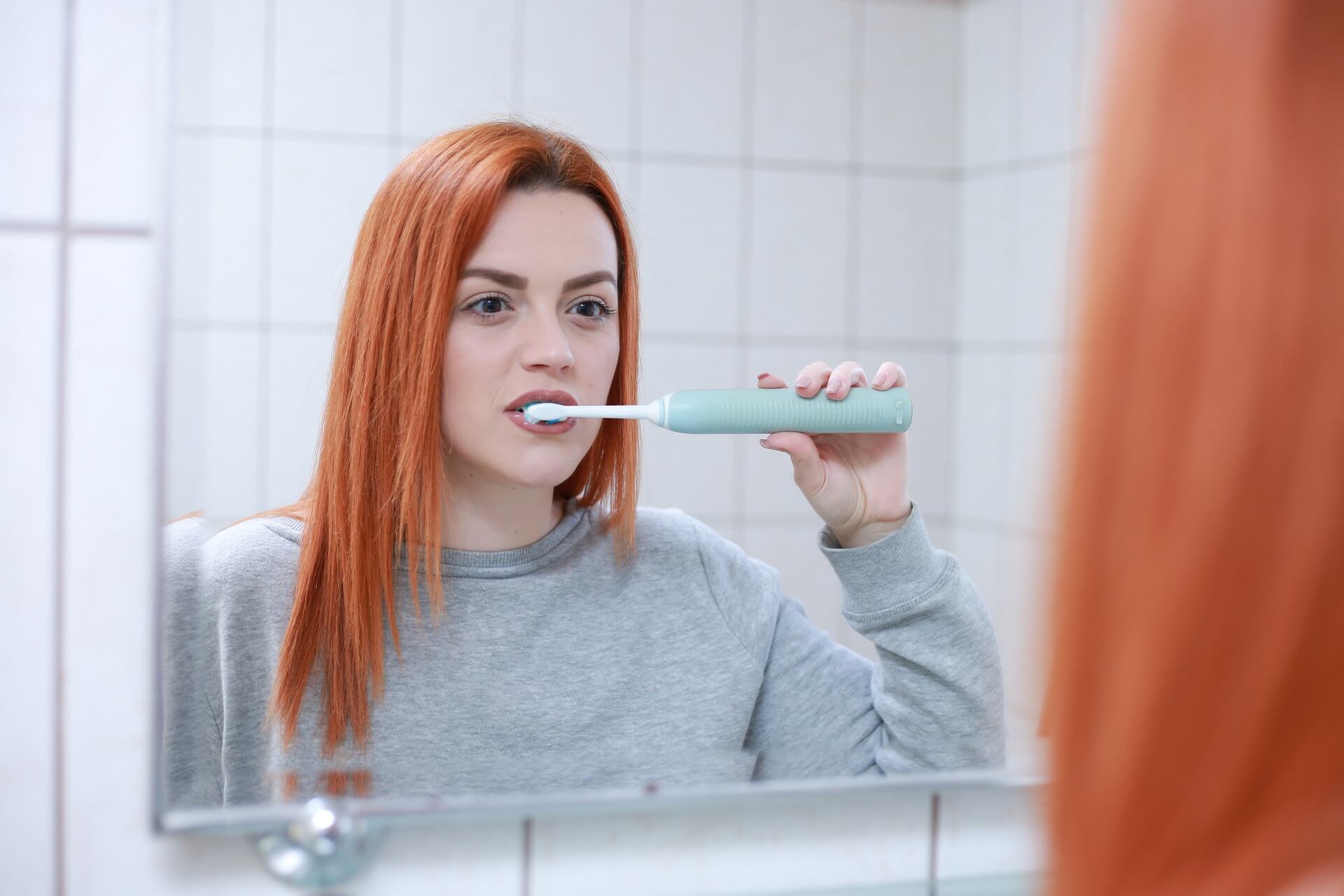We’ve all heard it before: flossing is essential to oral health. The problem? Not all of us are fitting this essential activity into our routine. In fact, only 30% of Americans floss on a daily basis.
How can this barrier to oral health be overcome? While I know there are a lot of roadblocks between individuals and their ideal dental hygiene routine, the one we are going to talk about today is which type of floss is best to use.
Flossing: You Have Options
In fact, you probably have more options than you realize. Ask most people to name two types of flossing products, and they’ll probably name two: traditional spooled floss and floss picks. But there is more to consider, including:
- Silk floss
- Water picks
- Sonic flossers
- Toothpicks
Each of these products has its pros and cons and will help to enhance your oral health—though I’d suggest you save the toothpicks for restaurants and BBQs. But is there one that stands above the rest?
For Me, It’s Silk Spooled Floss
As a dentist, I have worked with all types of flossing products, and there are some I prefer over others. At the top of my list is silk spooled floss. It’s what I use myself and give to my kids, and I recommend it to my patients on a regular basis.
Most dental floss is made from petroleum. It’s not biodegradable, it’s not renewable, and the safety of putting petroleum in your mouth on a daily basis and swallowing those microparticles is questionable.
Natural silk spooled floss, on the other hand, is 100% natural, breaks down over time, and is safe to use.
Why spooled floss over floss picks? In my opinion, it gives you better control as you move it between the teeth. However, I am not against the idea of silk floss picks.
No Matter What You Choose, Floss Daily
Whether you buy silk floss, a water flosser, or another product entirely, know that the act of flossing is essential. Brushing alone cannot get into all the nooks and crannies, and avoiding flossing increases your risk for many oral health conditions. Of course, before you start using a new product, take the time to consult with your dentist, who knows your oral health needs best.
-- Dr. Jen, DDS, MS



